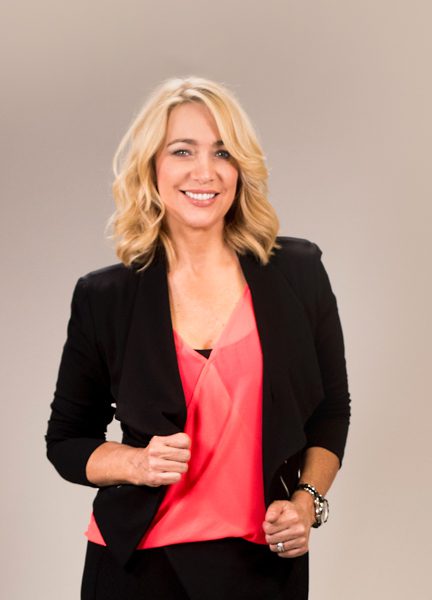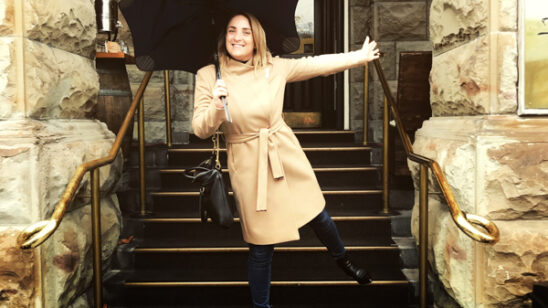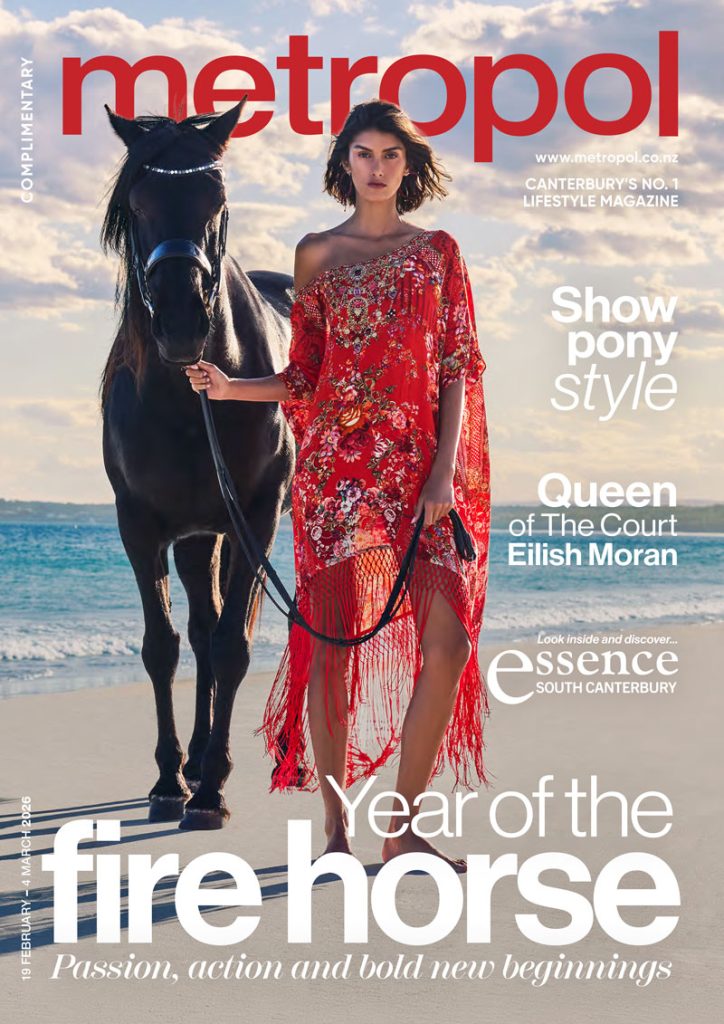
#MeToo: Q&A with Alison Mau
Sexual impropriety has become a global talking point, perhaps best exemplified by the powerful #metoo movement

Following hot on the high-profile heels of the Harvey Weinstein allegations, it has been gaining viral traction since October 2017 when it emerged as a tool to demonstrate the widespread prevalence of sexual assault and harassment, particularly in the workplace.
Alyssa Milano first encouraged women to tweet about it to “give people a sense of the magnitude of the problem” and it has since been given high profile endorsement from the likes of Gwyneth Paltrow, Ashley Judd, Jennifer Lawrence and Uma Thurman.
Now our very own Alison Mau is heading New Zealand’s very own #metoo movement. But as she tells Metropol, this campaign is about so much more than a social movement, with the potential to make some very real, very powerful change.
What prompted you to start the #metoo movement here in New Zealand?
I was really moved by the power the #metoo movement, after the Weinstein revelations, gave back to women. Survivors’ stories of sexual harassment at work have been ignored or minimised since, well, forever. In late October I saw an ex-colleague of mine in Australia, Tracey Spice OA, had set up an investigation into the media and entertainment industry over there and had thousands of people contact her. I got her on my radio show to explain what she was doing, and after the interview she emailed and strongly encouraged me to do the same here.
I took a few months to pluck up the courage, really. There were great journalists telling #metooNZ stories here, but no co-ordinated effort with a sole-focus team. Then Melanie Reid and Sasha Borissenko broke the Russell McVeagh story and it was obvious to me there must be others, perhaps hundreds of others. I had the opportunity to give the idea in a two minute ‘elevator pitch’ to Stuff CEO Sinead Boucher, and she said an unequivocal ‘yes’ on the spot.
This is so much more than a social movement. What is the ultimate goal?
The goal is make sure womens’ (and there are men who are also survivors of this) voices are heard and believed. In too many of the cases that have come to us, organisations have been reluctant to believe, or have minimised/dismissed, the reports of workers who have been harassed. That alone would lead to better practices and outcomes.
I also want it make sure that it’s not only people in professional jobs, who have a voice. Women working in minimum waged jobs often feel even more powerless against this kind of behaviour than women with the knowledge and relative power and privilege that lawyers for example, have. Why should women who work in hospitality, in factory or farming or freezing works jobs, miss out on a voice?
Ultimately, I’d also like to see every organisation in New Zealand thoroughly examine and (if needs be) overhaul their harassment and bullying policies so that they’re no longer geared to protect the corporate reputation, but instead are focussed on justice and help for the victim.
How does it feel to have received the support and resources that you have to be able to make a real difference in this area?
Amazing – it feels just amazing! I’m so grateful to Stuff for being willing to jump into this without a time limit, without any nit-picking about resources. They’ve allowed me to lead the team in a reasonably hands-off manner and it’s hard work, but we’re starting to make some real headway.
How powerful are some of the stories that have been coming out as a result of this?
Open-a-bottle-of-wine-type powerful. Keep-you-awake-at-3am-powerful. I’ve been in tears at my laptop on a few occasions. The number of people diagnosed with PTSD and who have had to leave their careers, or even leave town, is really disturbing.
How much of a problem do we have in New Zealand?
I’d have to say we don’t really know yet. We’ve had around 400 people contact us but there are new people coming to us every day. Every time we publish a story it gives others the courage to come forward.
What is your message to New Zealand?
The message is in the work – after three months’ graft we’re starting to publish some big stories. Each one takes a great deal of careful research and attention to detail to get right. Sometimes that takes months. I’d like Kiwis to keep reading the results of our work and understand the breadth and the nuance of the problem.




